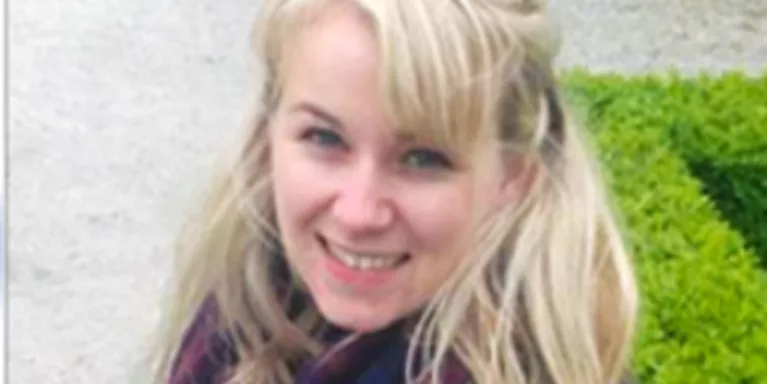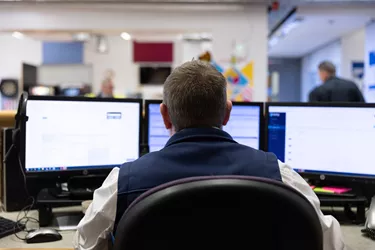Valuing mental and physical health equally
Katie Howe, Mind Parliamentary Officer, blogs about working with the All Parliamentary Party Group (APPG) on mental health and what its report ‘Parity in Progress?’ means for mental health achieving ‘parity of esteem’ with physical health.
You’ve told us time and again that the quality of mental health services continue to lag behind physical health.
For those who follow Government announcements on mental health, or are plugged in to the goings on of NHS England, you’ll have heard the phrase ‘parity of esteem’ bandied around plenty of times. It simply means valuing mental and physical health equally.
Although a jargon-y phrase, we campaigned hard for this. It was a mammoth step forward when the Government set out its plans in the 2011 ‘No Health without Mental Health’ strategy.
Mental health group in Parliament
As part of our work to improve understanding of mental health in Parliament, we support a group of MPs to run the All Party Parliamentary Group on Mental Health (APPG for short), along with Rethink Mental Illness and the Royal College of Psychiatrists. APPGs are optional groups that MPs can join, and were once described to me as the after-school clubs of Westminster (you get the gist).
Over the last year, the APPG has held an inquiry into whether commitments to value mental and physical health equally have been realised on the ground. We took written evidence from over 1500 people to hear your experiences, and Ministers and health professionals gave evidence in Parliament.
The group’s new report shows that the Government is taking some welcome steps in mental health, but there is a long, long way to go. And the next Government has an opportunity to get this right.
Culture change
The boldest recommendation to the next Government is to challenge the whole culture of our health systems, so that mental and physical health are viewed as equal priorities. In reality this would include better checking of whether commitments are being seen on the ground (the wards, GP surgeries, A&E), a review of funding and much needed research.
Regardless of who’s in No. 10 come May, this report shows there is consensus among politicians about what’s needed to improve mental health care. And considering the confrontational nature of British Politics – this is good news for mental health!
It’s always been backbench MPs who have pushed mental health right up the agenda, and the launch of this report is no exception. And though we’ve had announcements from some high profile frontbench MPs, we’re excited to hear more as we draw nearer to the General Election.


Information and support
When you’re living with a mental health problem, or supporting someone who is, having access to the right information - about a condition, treatment options, or practical issues - is vital. Visit our information pages to find out more.
Share your story with others
Blogs and stories can show that people with mental health problems are cared about, understood and listened to. We can use it to challenge the status quo and change attitudes.

















